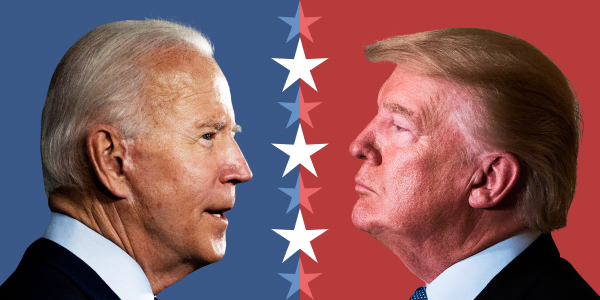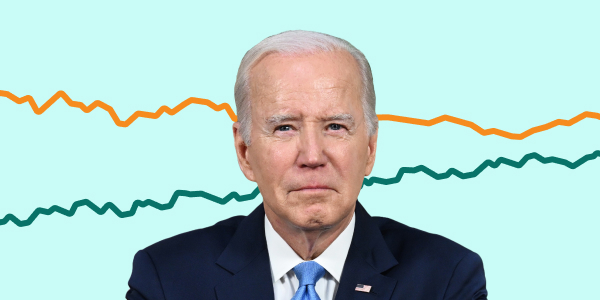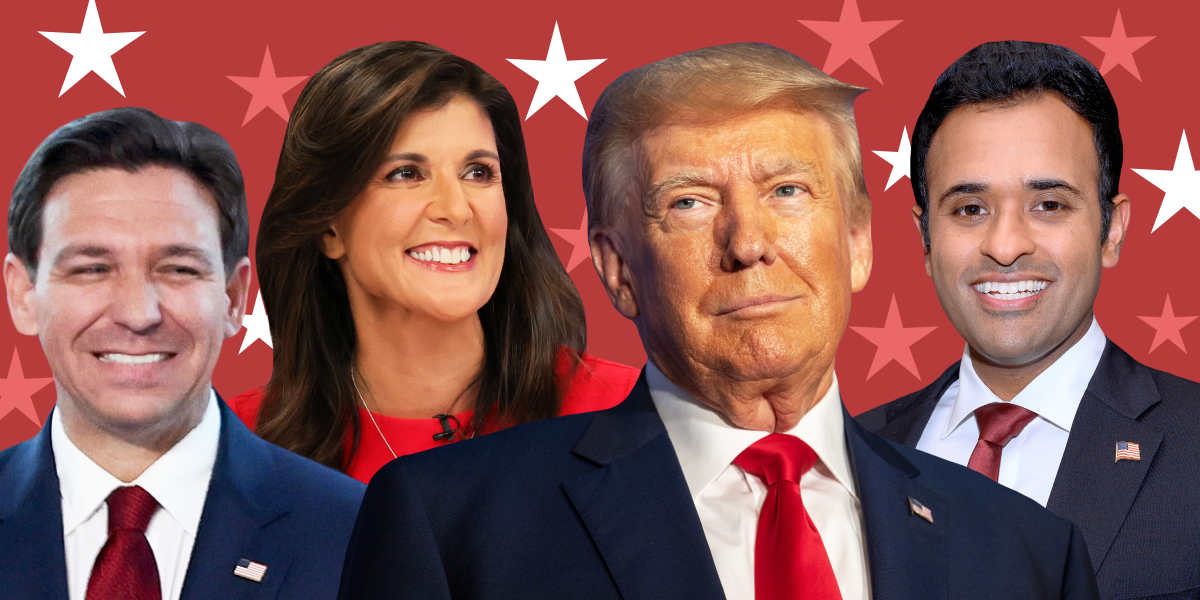RFK Jr. favorable / unfavorable ratings
Kennedy has a 46.0% favorability rating based on 145 polls.
Nov 22, 2024
Favorable
46.0%
Unfavorable
43.1%
Estimate
95% of polls fall in this range
A bit of background... Robert F. Kennedy Jr.'s favorability rating is a crucial factor in determining his prospects as a third-party candidate in the presidential race. As a candidate outside the traditional two-party system, RFK Jr. faces a unique set of challenges in garnering widespread support. His favorability rating provides insight into the extent of his appeal to voters across the political spectrum. RFK Jr. must demonstrate his ability to attract a significant portion of the electorate in order to mount a successful third-party campaign.
145 polls
Latest Poll: Tue, Nov 5, 3:53 AM EST
Field Dates | Sample | Pollster | Results | Topline |
|---|---|---|---|---|
| Oct 13 – 18 | 4,180 LV | AtlasIntel | 45.0%Unfavorable 41.0%Favorable | +4 Unfavorable |
| Oct 13 – 16 | 1,311 LV | YouGov/The Economist | 48.0%Favorable 44.0%Unfavorable | +4 Favorable |
| Oct 12 – 15 | 1,110 RV | Beacon Research/Shaw... | 51.0%Favorable 45.0%Unfavorable | +6 Favorable |
| Oct 12 – 14 | 3,145 RV | HarrisX/Harris Poll/... | 45.0%Favorable 36.0%Unfavorable | +9 Favorable |
| Oct 2 – 11 | 780 RV | Marquette University... | 41.0%Unfavorable 40.0%Favorable | +1 Unfavorable |
| Sep 30 – Oct 2 | 1,263 LV | YouGov/The Economist | 48.0%Unfavorable 45.0%Favorable | +3 Unfavorable |
| Sep 21 – 24 | 1,011 RV | HarrisX/Deseret News | 41.0%Favorable 37.0%Unfavorable | +4 Favorable |
| Sep 14 – 18 | 1,000 RV | Hart Research/Public... | 40.0%Unfavorable 33.0%Favorable | +7 Unfavorable |
| Sep 12 – 14 | 3,018 RV | HarrisX/Forbes | 41.0%Favorable 39.0%Unfavorable | +2 Favorable |
| Sep 12 – 13 | 1,775 LV | AtlasIntel | 42.0%Unfavorable 36.0%Favorable | +6 Unfavorable |
+ More Polls
The polling bias for the 2016 and 2020 Presidential elections is based on analysis from the American Association of Public Opinion Research (AAPOR) comparing actual results to national polls. For the 2018 and 2022 elections, bias was measured by comparing FiveThirtyEight's Generic Ballot polling average with the adjusted US House National Popular vote, using data from the UVA Center for Politics (2018) and DecisionDeskHQ (2022).



















